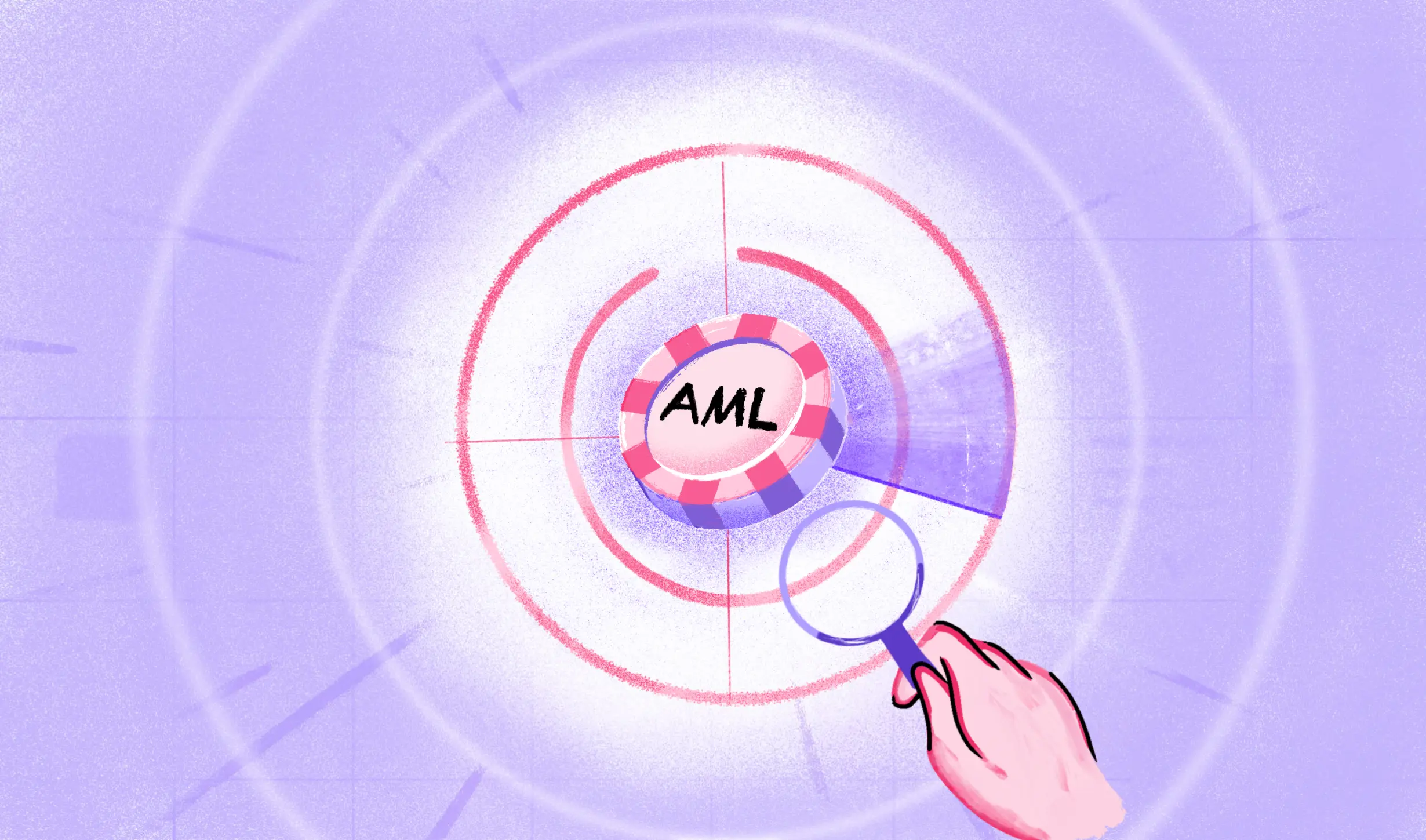Address verification service or AVS is a tool utilized by payment processors such as Helcim, Paypal, e-commerce platforms such as Amazon, and issuing banks such as Chase, HDFC, etc., to recognize suspicious credit card transactions and help limit credit card fraud and chargebacks. AVS is a MasterCard service designed to prevent CNP (card-not-present) fraud but is widely used by many other credit card companies. It is one of the most basic and often recommended anti-fraud tools and is used in conjunction with other anti-fraud technology to provide financial cybersecurity.
Modern data breaches often contain full customer payment credentials, or the fraudulent party may be stealing from someone they know. It is also possible that the fraudster obtained the pertinent information by accessing the public records readily available in some countries. In such cases of data breaches, address verification acts as a major obstacle. Know how this service actually works.
How does address verification service work?
Address verification service has a prerequisite that the pertinent service provider possesses the correct residential address and billing address of the individual initiating a non-face-to-face credit card transaction. The process proceeds as follows:
- The customer buys a product and proceeds to the checkout window.
- At the checkout window, the customer is asked to input their address and credit card details.
- The input details are then compared to the bank records.
- The credit card company reports to the merchant, who is responsible for determining whether to proceed with the transaction.
- The report received by the merchant possesses AVS response codes which are used to indicate if the data has been verified.
Many address verification response codes exist, such as “S” for AVS not supported or “X” for an exact match.
AVS, however, is prone to errors, as it typically only verifies the numerical parts of a customer address, resulting in certain errors like apartment notations, which can cause invalid declines. Another reason for a false decline may be a recent move by the customer or the address on the record being dissimilar to the one entered.
AVS is commonly used in India, the United States, Canada, and the United Kingdom but is less common in other countries. Some merchants deliver internationally, but not every country being delivered to has AVS support. In cases where a country does not have AVS, the merchant can allow Code-S (AVS not supported) transactions to proceed. However, this is a double-edged sword because accepting incorrect address entries and unsupported AVS transactions expose the merchant to greater interchange fees and a higher frequency of fraud and chargebacks.
Advantages of address verification service
The advantages of the address verification system are as follows:
- Address Verification Service prevents low-effort or “traditional” credit card fraud, i.e., a fraudster who has stolen someone else’s physical credit card or obtained the visible card information such as number, expiration date, or CVV code. If you have ever noticed the “billing address same as shipping address” option, this is where it is used. This provides an extra layer of security for customers as they are safeguarded from fraudulent transactions from stolen cards.
- Business owners and merchants have a higher chance of winning cashback disputes. Consider a scenario where a customer’s credit card is stolen, and the fraudster uses the correct address to initiate a transaction. In such a case, AVS cannot detect a fraudulent transaction, which makes the merchant liable to win the chargeback dispute should the customer file one, especially if the shipping address was the same as the billing address.
- Businesses observe increased efficiency in delivery and save transportation costs by assigning drivers to specific parts of the city. The input and verification of accurate customer data ensure that packages are delivered to the correct location every time, thereby reducing the number of packages delivered to the wrong address and saving travel time as well.
- Another upstream benefit is increased conversion rates. According to research conducted by the Baymard institute, nearly 70% of carts are abandoned. Nearly one-fourth of these abandonments are due to complicated checkout processes. Implementation of address verification increases conversion rates.
Conclusion
Simply put, address verification services mean comparing the data available with the bank to the address data being input at the time of a transaction, wherein the numerical values of both sets are compared to see whether they are partial, total, or non-matches. Depending on the reports received, the merchant can choose whether or not the transaction should be allowed. This part of the process is usually automated, and the decision is made based on the rules set by the merchant on the payment gateway.
AVS provides a significant barrier bereft of which easily preventable fraud cases would most certainly occur. The address verification process occurs during the standard authorization communications between the payment processing platform and the merchant, and it does not disrupt successful transactions.
Legitimate customers are unlikely to experience errors with AVS. It has become common practice for customers to be allowed up to three attempts to input their credentials correctly. In the case of chargeback analysis, data science and data analysis can provide insight into which response codes are causing the most flare-ups and those being blocked unnecessarily. An experienced chargeback management firm is well equipped to assist people in integrating AVS policies into their business portals and maximize revenue.
FAQs
Can AVS interpret typos?
AVS cannot interpret typos as it is designed to verify only the numerical parts of an address. A typing error in the PIN code or ZIP code would result in a non-match as the geographic location is entirely different.
What is the data source of AVS?
Depending on your service provider, the data source from where addresses are obtained can be the USPS, your credit card issuing bank, or other sources. Always ask your provider what their source is.
What is the duration in which AVS occurs?
AVS is a background process that occurs without the customer being aware. It occurs during the course of the transaction being processed and only takes a few seconds.

 US
US
 IN
IN









